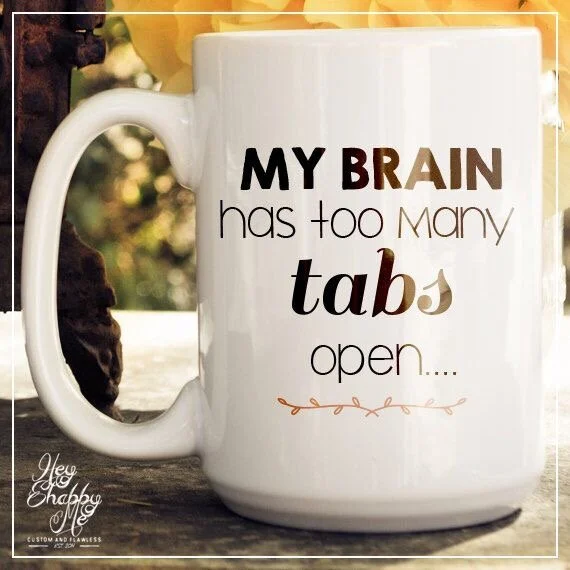Who were the wellbeing pioneers and what we can learn from them
This is a great story!
The first wellbeing pioneers were the miners of Greymouth.
In 1908, seven coal miners in Blackball went on strike.
At this point the mine had been open almost forty years since Reuben Waite first sailed into the mouth of the Grey River with Matthew Batty and their contracts to mine gold and coal. Greymouth is still the largest town on the west coast of Te Waipounamu South Island of Aotearoa New Zealand today. Blackball is a small town up river where Waite built the mine.
The designated lunch break at the mine was 15 minutes maximum during a 12 hour day. The miners wanted 30 minutes alongside a desired shorter working day of 8 hours.
Words weren’t getting the miners very far, so one day they decided to stop and eat for a full half hour. This was the ‘crib-time strike’.
Their bosses promptly sacked them. The Blackball Coal Miners’ Union responded by calling a full strike. It lasted until the mine owners relented, gave them their 30 minutes break, and reinstated the sacked men. They had their working day hours reduced to 10.
The lunch break strike that led to wellbeing at work
The Greymouth miners were wellbeing pioneers.
The early work-life balancers succeeded
On my last visit to Greymouth I took time to read the mural on Waite Street about the story of mining and more and the impact the miners had.
Waite Street, Greymouth
It would be easy on first inspection to interpret the story as one of the rise of the unions and collective action against unfair employers. These were indeed important milestones for better employment rights and responsibilities. The miners took a stand for much more.
8-8-8
Out of the 24 hours in a day, the miners configured that eight should be for working, eight for sleep and eight for recreation. Importantly, they believed that productivity did not come from hard work alone.
As with other labour-based movements around the world, the miners had arrived at a conclusion about what we in 21st century first world living call work life balance. They fought for this as part of their rights to a decent lunch break.
Lessons for today
112 years later we may or may not have the best employment rights (I leave that up to you to decide) but I doubt anyone would quibble about, in the year of a pandemic, the need for breaks, self care, help with personal resilience and excellent wellbeing at work.
Here in the UK good employers have engaged with this and are investing time and resources on supporting wellbeing in difficult times in a plethora of ways. I continue to contribute through providing personal resilience coaching and webinars.
Taking a break is a simple and important activity that helps with managing stress, having energy to concentrate, coping with a challenging day, breaking psychological state, not being hungry.
“It is counter intuitive to keep going and not take a break. Taking breaks, eating well and hydrating boost daily resilience.”
Stay in balance with the 8–8–8 wellbeing rule
It's a simple rule that helps you stay in balance.
We all have 24 hours each day. Split your 24 hours into three parts: working, living, sleeping.
If you have this under control and have found a way to stay in balance, keep doing what works. Use what you learn to be flexible and adaptable. If not, consider this:
a. You control your ‘living’ and ‘sleeping’ time. Both of these contribute dramatically to your resilience and ability to cope with stresses and tough situations at work, the remaining 8 hours.
b. You don’t control everything at work but you do control your thoughts and responses. No one is stopping you (or should be stopping you) taking a break or going over your hours to excess. Breaks are highly important, as are finding ways to make the best use of your time.
Work life balance isn’t new
People over a century ago fought for it and valued it.
Productivity does not come from continuous hard work.
It comes from a daily balance of exercise, healthy eating, sleep, hard work and time off.
What will you do today to redress the balance?
Get in touch if you’d like resilience coaching, workshops or webinars.
About the Author
Amanda Dudman is a highly qualified coach, learning & development professional, mentor and consultant who inspires individuals and teams to do great things by discovering their own path to better life and work balance. Learn more →
Share this article:















